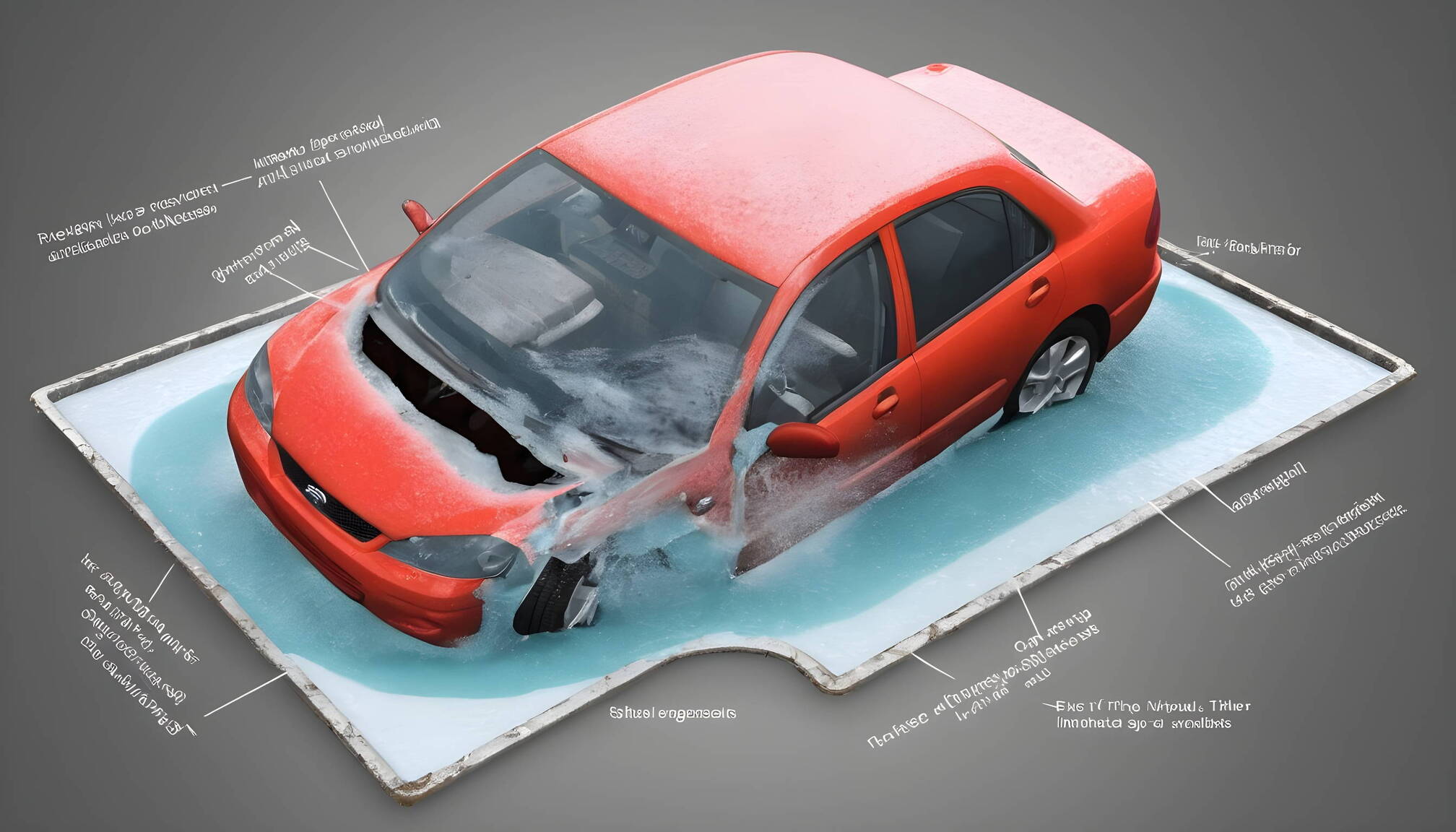
Antifreeze is a critical component of your car's cooling system, helping to maintain the engine's optimal temperature. However, if you've noticed a consistent drop in antifreeze levels, it could be indicative of cooling system issues. Let's delve into the 10 main reasons for antifreeze leakage and what to do about it.
- Worn Seal Gaskets: Seal gaskets, such as the cylinder head gasket or water pump gasket, can wear out over time, losing their seal and leading to antifreeze leaks through cracks or gaps in the gaskets.
- Damaged Hoses: Hoses that carry antifreeze in the cooling system can deteriorate, age, or suffer mechanical damage. Loss of elasticity or the appearance of cracks in hoses can lead to antifreeze leaks.
- Corrosion: Corrosion within the cooling system can cause holes and punctures in metal components such as the radiator or pipes, resulting in antifreeze leaks.
- Damaged Radiator: A radiator that has been struck or damaged may develop cracks or punctures, causing antifreeze to leak. Check the radiator for damage and replace it if necessary.
- Water Pump Issues: The water pump is responsible for circulating antifreeze throughout the cooling system. If the pump becomes faulty or worn out, it can lead to antifreeze leaks from the pump or its seal gaskets.
- Damaged Radiator Cap: The radiator cap, where excess antifreeze is stored, may also be damaged or have cracks, leading to leaks.
- Thermostat Malfunction: A faulty thermostat can cause engine overheating and, consequently, antifreeze leaks.
- Heat Exchanger Problems: The heat exchanger, used to cool oil or transmission fluid, can also cause antifreeze leaks if damaged or worn out.
- Compression: Increased pressure in the cooling system, caused by compression issues in the engine cylinders, can lead to antifreeze leaks.
- Mechanical Damage: External mechanical damage, such as impacts or collisions, can damage cooling system components and cause antifreeze leaks.
Addressing these issues promptly can help prevent further damage to your vehicle's cooling system and ensure optimal engine performance.

